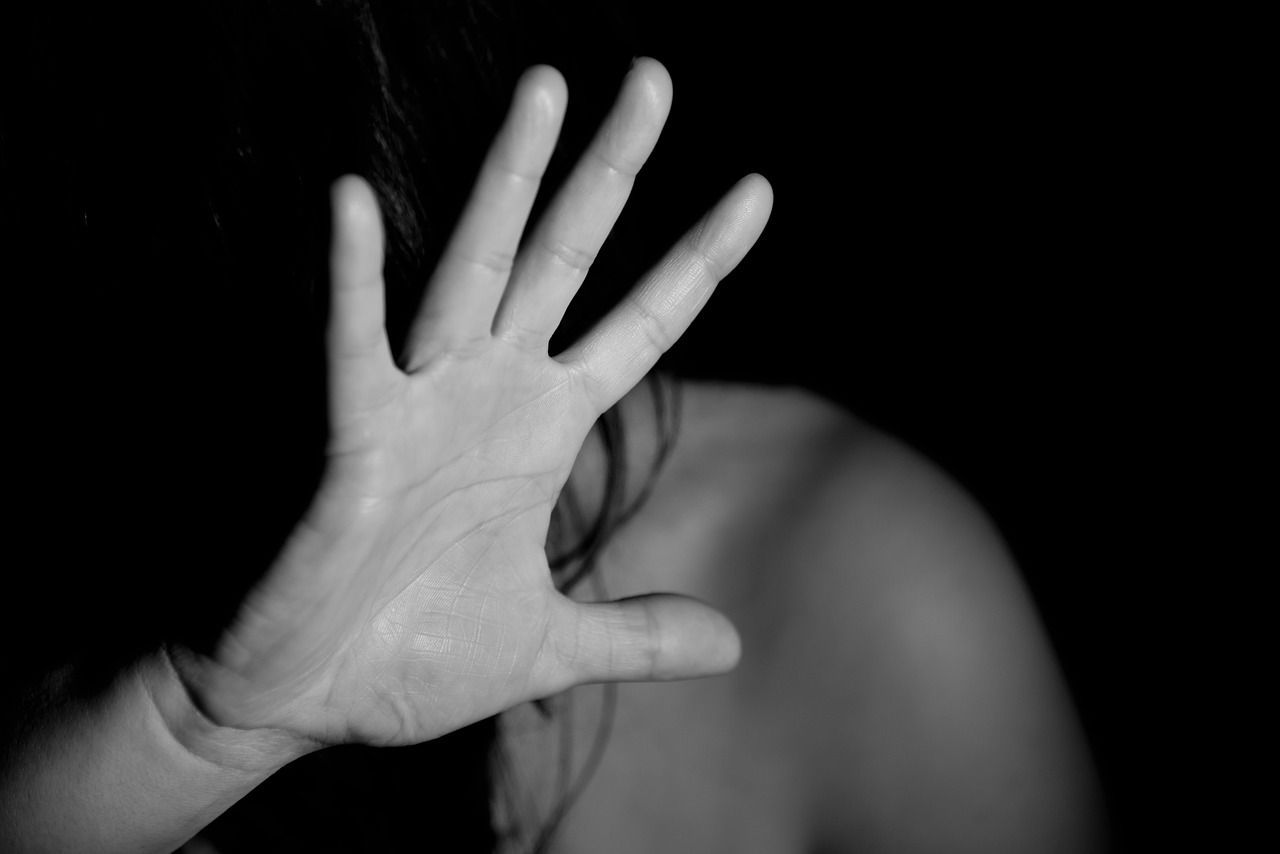The Banality of Evil

📣
Trigger Warning: Abuse
It’s no secret that I don’t like local reporting on criminal cases and legal news. They tend to focus on being sensational without adding value to the nuances of the cases, let alone its legal issues. It’s New Paper reporting, done on the paper of record of Singapore. I have turned in my newspaper subscription for over a decade and don’t ever see myself as a subscriber ever again.
Readers will now be treated to a headscratcher. The background is a maid abuse case. The facts are shocking and hard to read. Of course, you can read more about them in our newspapers. Ordinary people, i.e. people who would probably not feel the full weight against them in their lives, would feel confused about why these things can happen in our society.
Helpfully, our law minister, Mr K Shanmugam, treats us to an explanation of evil which was given prominence in our newspapers:
If you go back to history, the history of people, history of countries – ordinary people are capable of extreme evil, and evil lurks in people who seem ordinary. It doesn’t occur only in faraway places, and people don’t walk around with clear indicators that show this person is evil. The point I will make is that people who seem ordinary are capable of extraordinary evil, and there are two pillars in any society to keep evil in check. One, is education. Two, we need rule of law to keep such evil in check. The law has to come down with full force when the rules are broken.
It thus follows that our horrific maid abuser must be punished with the full force of law – the death penalty for murder. So, now the prosecution seeks… a reduced charge of life imprisonment under culpable homicide rather than murder.
If you have never been through law school, you wouldn’t grasp the difference between Sections 300 and 304A of the Penal Code. Obscured by the technical terms used by lawyers when discussing criminal charges, the reason why the maid abuser couldn’t face murder is that she was sick (in the mind) and that sickness reduced her responsibilities for her actions. In other words, she wasn’t evil, she was depressed.
So all this discussion of education and increased penalties are really moot. Under our laws, a person who isn’t evil because of her sickness should not face the “full force” of our laws. Needless to say, public education is not going to save someone who is not thinking straight.
The real problem seems to be that as a society, we don’t really seem to recognise when things are not going right. The maid’s doctor didn’t seem to find anything to worry about during her routine checkups. So did the maid’s employment agency when they went to interview her. Without the benefit of hindsight, all this seems so mundane.
More pertinently, the maid abuser’s family members didn’t find that starving and assaulting a human being was not right. Or that a woman who was suffering from post-partum depression and underwent an abortion might need more support before she does something worse. This is all very tragic, really.
So maybe before suggesting that the rest of us are in fact actually evil people deep inside who are capable of heinous acts, one should try to tackle the lack of mental support that particular sections of society face and how the inequalities in our society contribute to that?
(When I first read the comments, I felt that the leaning on Nazi tropes was not being fair. In hindsight, I doubt whether there was any such intention. Anyway, you can read more about the inspiration for the title here.)
Love.Law.Robots. – A blog by Ang Hou Fu
- Discuss... this Post
- If you found this post useful, or like my work, a tip is always appreciated:
- Follow [this blog on the Fediverse]()
- Contact me:
